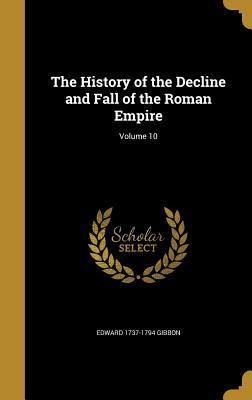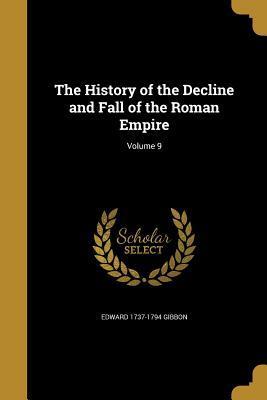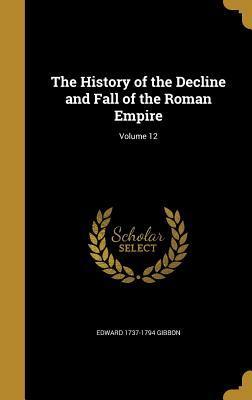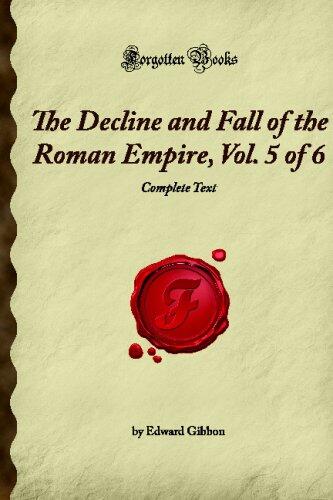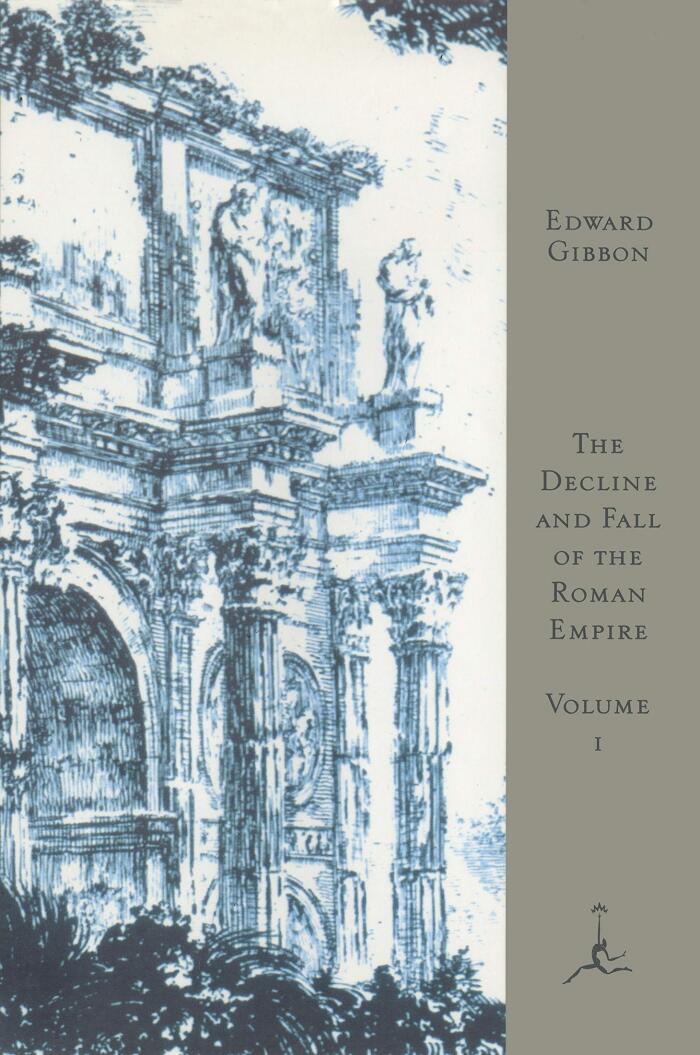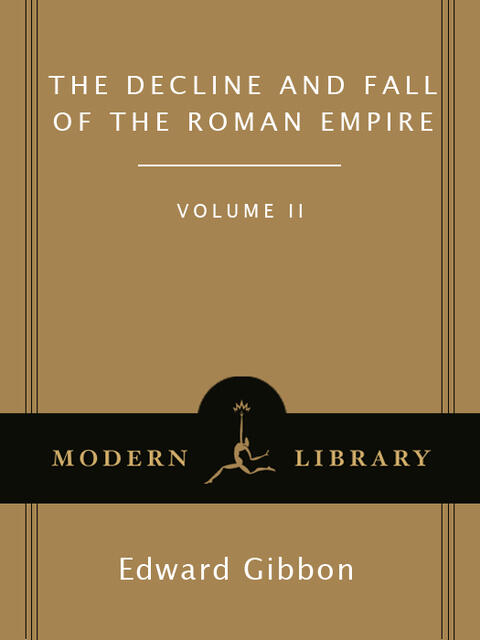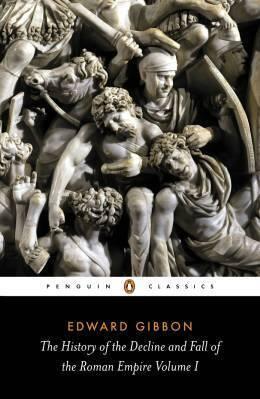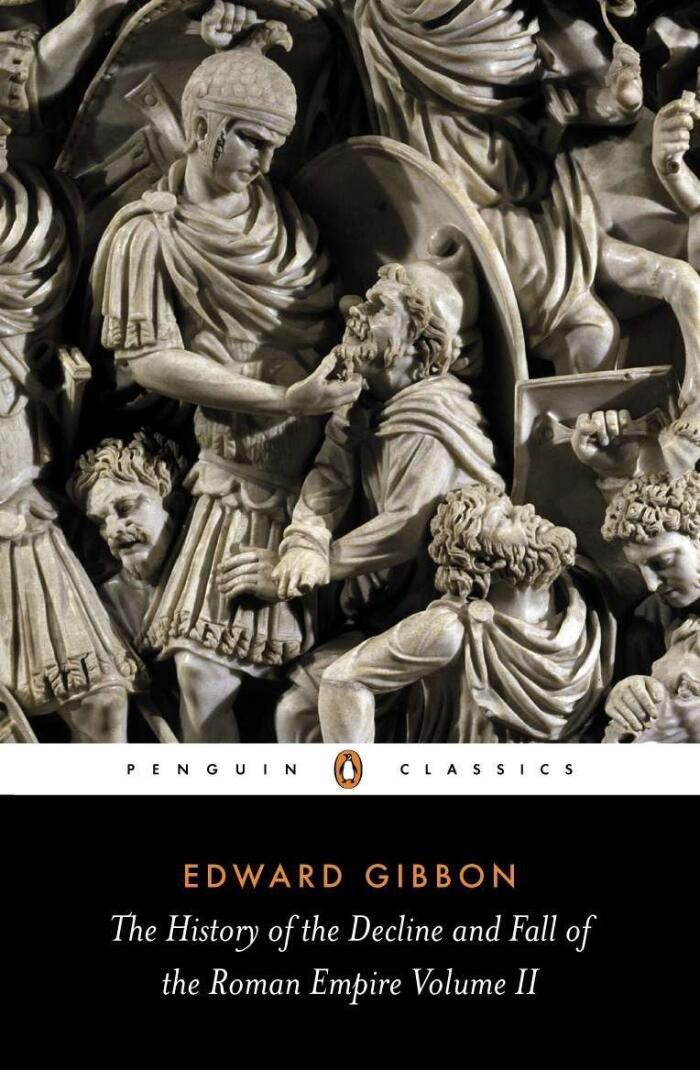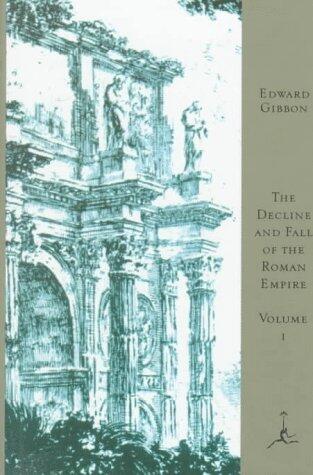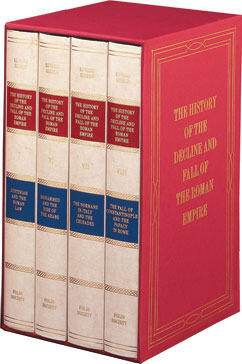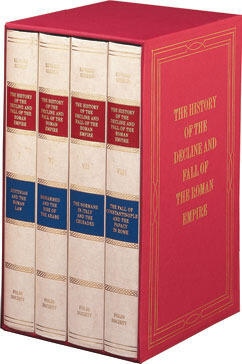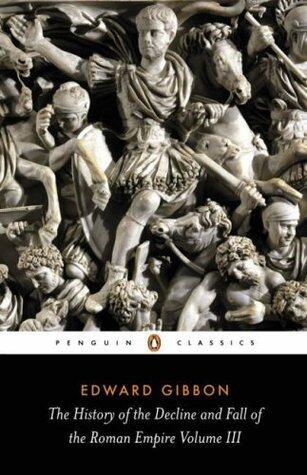
The History of the Decline and Fall of the Roman Empire Volume III
语言: 英语
格式: 平装书
ISBN 10: 0140433953
ISBN 13: 9780140433951
出版日期:
August 1st, 1996
出版商: Penguin Classics
页数: 1360
类型: History
In the third volume of Edward Gibbon's monumental work, readers delve deeper into the intricate tapestry of the Roman Empire, tracing its gradual descent from a powerful civilization to a fractured dominion. Gibbon's prose is both sweeping and meticulous, weaving together an expansive historical narrative that covers pivotal events, cultural shifts, and political intrigues. His keen observations and eloquent style make the complex history of the Empire accessible and engaging.
The timeline explored in this volume encompasses significant transformations in governance, society, and religion, offering insights into how these factors interplayed to shape the fate of one of history's most influential empires. Gibbon’s analysis of the role of external pressures, including barbarian invasions and economic decline, highlights the multifaceted challenges that contributed to Rome's eventual fall.
Throughout the book, nuanced character studies of emperors and their adversaries illustrate how personal ambitions and failures influenced the broader historical context. Gibbon's ability to blend narrative and analysis invites readers to contemplate the far-reaching consequences of political decisions and societal changes.
As the volume progresses, it stands as a poignant reflection on resilience, corruption, and the cyclical nature of history. Gibbon's legacy, enriched by David P. Womersley's scholarly input, remains a vital resource for anyone seeking to understand the lessons embedded within the achievements and downfalls of empires past.
The timeline explored in this volume encompasses significant transformations in governance, society, and religion, offering insights into how these factors interplayed to shape the fate of one of history's most influential empires. Gibbon’s analysis of the role of external pressures, including barbarian invasions and economic decline, highlights the multifaceted challenges that contributed to Rome's eventual fall.
Throughout the book, nuanced character studies of emperors and their adversaries illustrate how personal ambitions and failures influenced the broader historical context. Gibbon's ability to blend narrative and analysis invites readers to contemplate the far-reaching consequences of political decisions and societal changes.
As the volume progresses, it stands as a poignant reflection on resilience, corruption, and the cyclical nature of history. Gibbon's legacy, enriched by David P. Womersley's scholarly input, remains a vital resource for anyone seeking to understand the lessons embedded within the achievements and downfalls of empires past.
